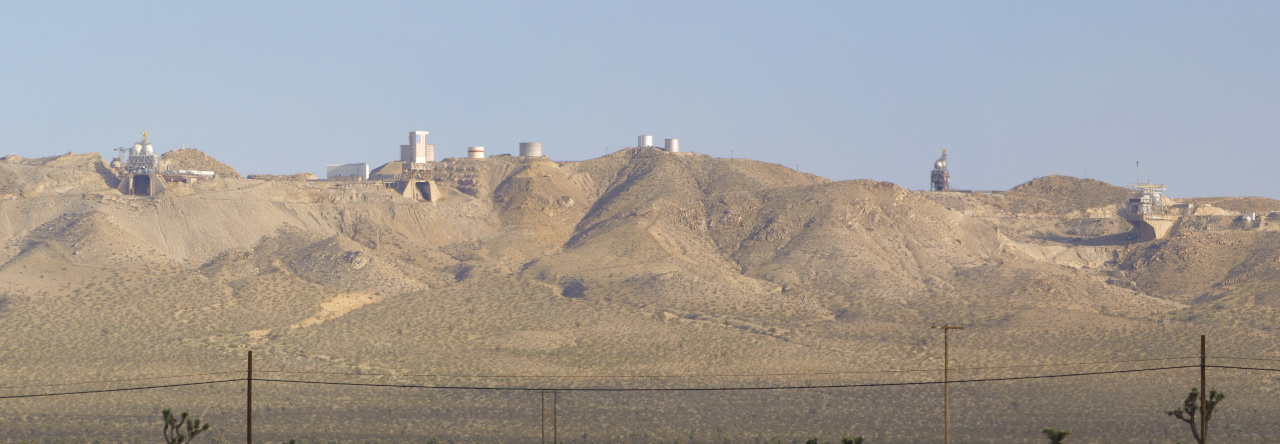In his 1973 book Tools for Conviviality, Austrian author Ivan Illich writes about the “radical monopoly,” in which one technology comes to dominate over all others, even going so far as to transform the landscape to exclude technological alternatives. Illich singles out the automobile in America, which in most parts of the country is the only safe and practical way to get from Point A to Point B anymore. Do you want to take the train from the suburbs to the city? Good luck! How about walking or biking on the Interstate highway? If you aren’t killed by a semi truck, you’ll probably get picked up by the cops, because walking or biking on freeways is illegal in most parts of the country.
While this is the case in most parts of the United States, it isn’t the case everywhere. Take India for example. While automobiles are widely used throughout the country, they have not established a radical monopoly there. On city streets, rural roads, and even highways, cars and other motor vehicles (especially motor scooters) have to share the road with other forms of non-mechanized transport, including bicycles, cycle-rickshaws, ox-carts, camel carts, and the occasional horse-tonga.

